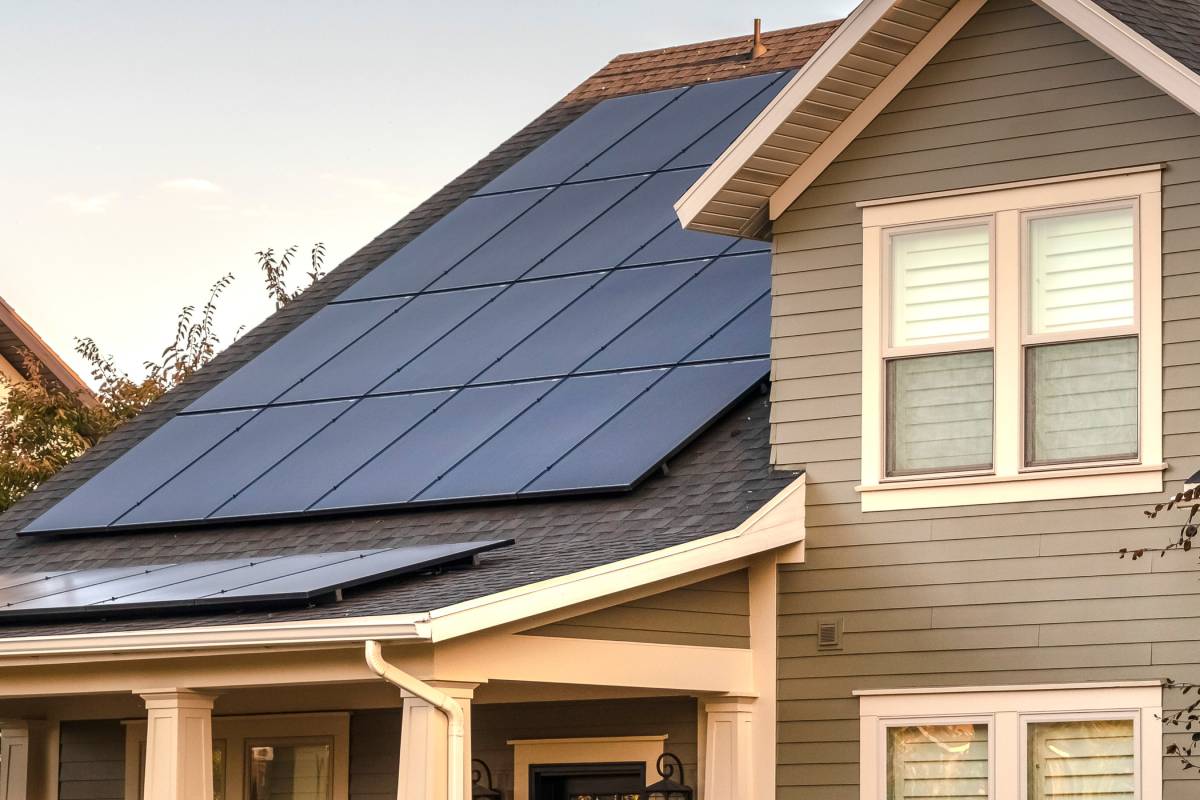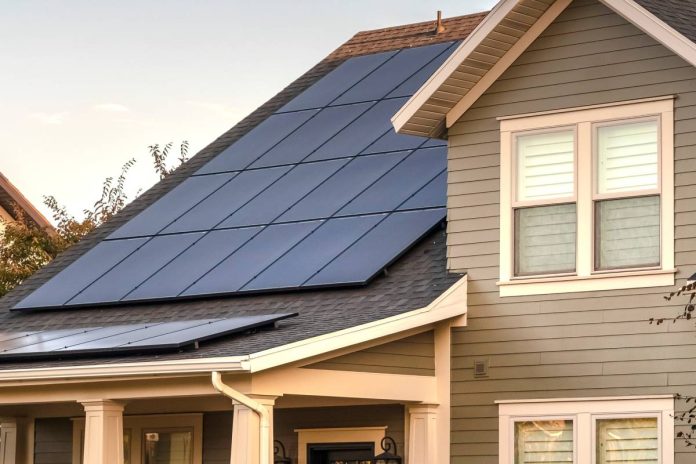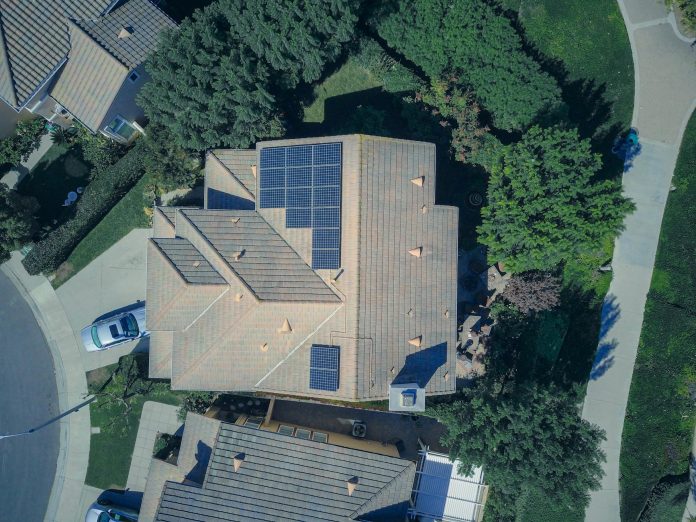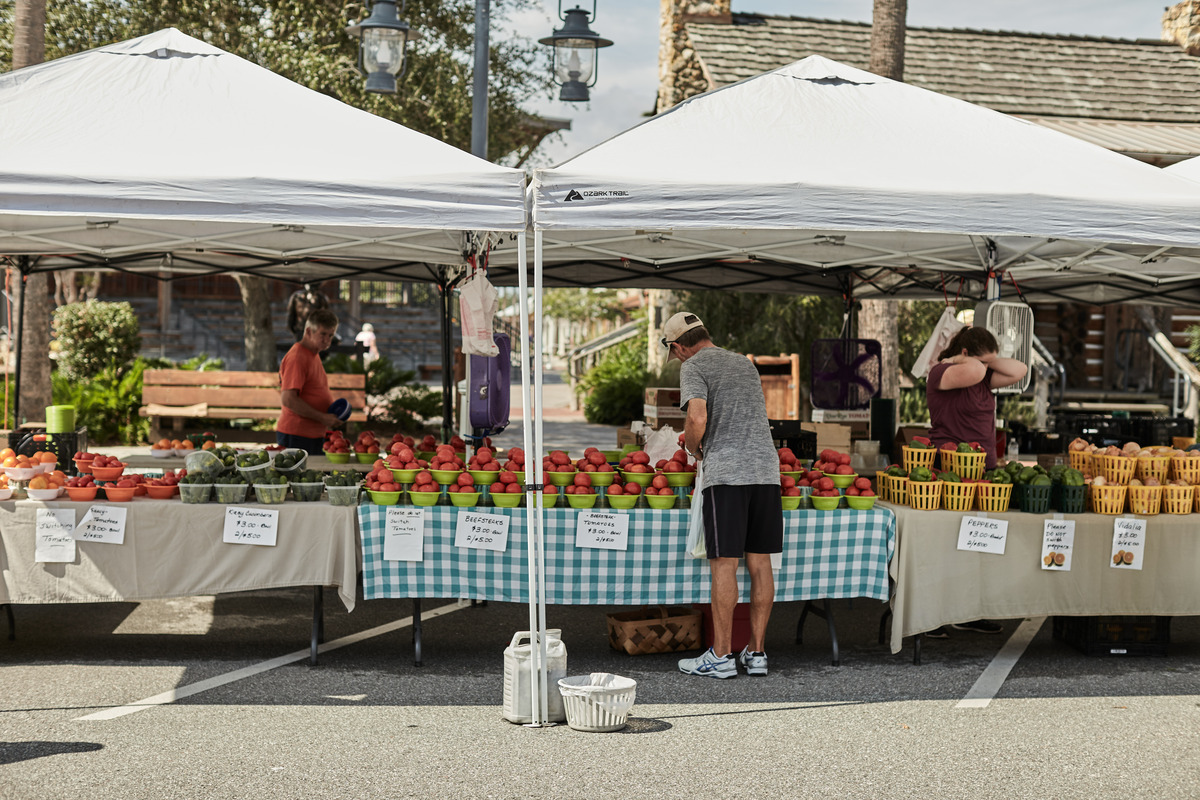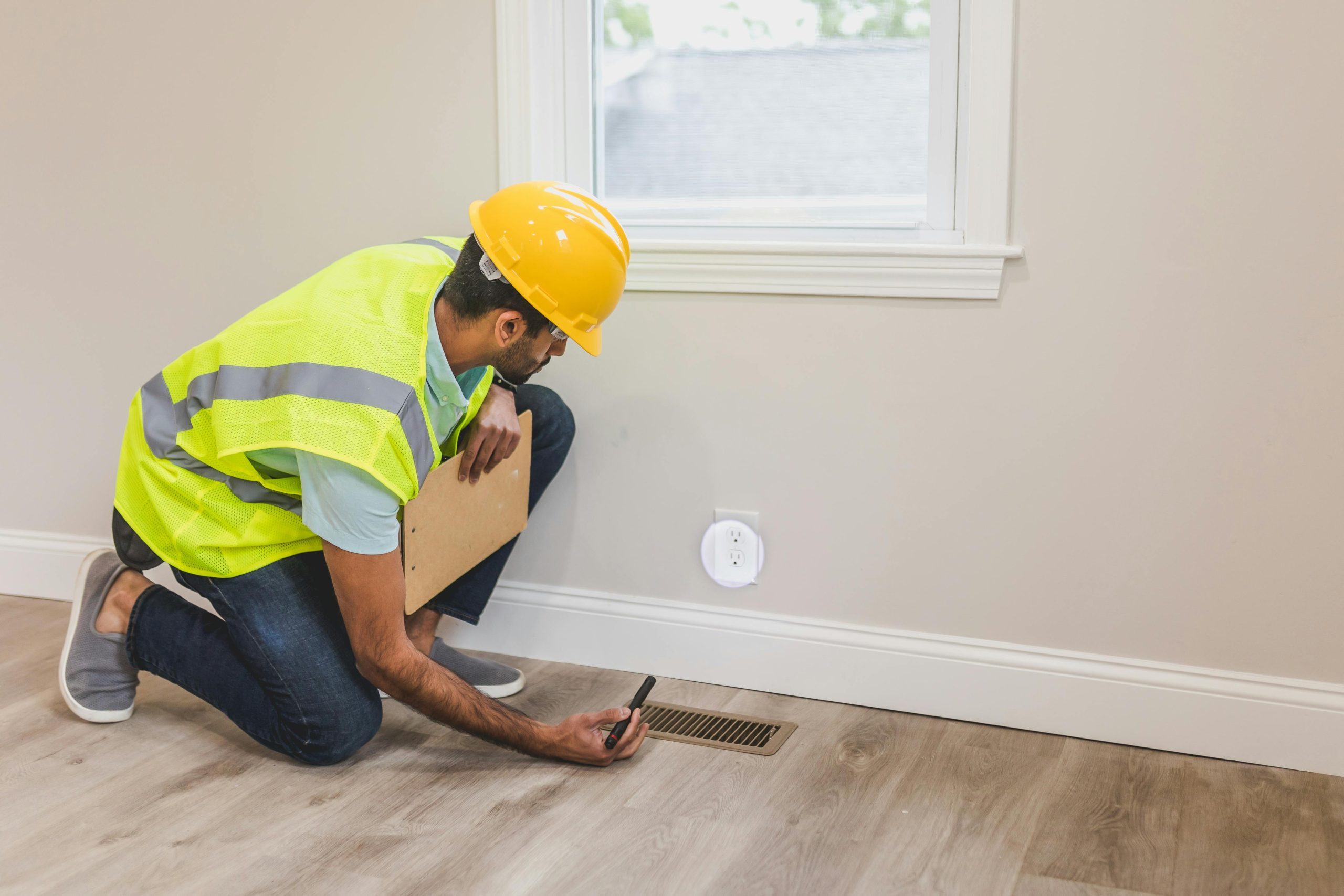Many people want to switch to renewable energy because of the benefits, but the investment seems daunting and stops them. If you’re looking to test the waters, getting solar panels is an easy way to introduce renewable energy into your home. Instead of committing to a full installation, consider if solar panels are worth the investment as a supplemental energy source with these insights.
Reduce Your Energy Costs
By supplementing your home’s energy consumption with solar power, you rely less on the grid. This directly transfers to monthly savings, especially if energy rates in your area are high. Solar panels provide noticeable financial relief if you’re looking to minimize your monthly energy consumption, even in conjunction with your current power source.
Take Advantage of Tax Incentives
The investment cost of solar panels often deters homeowners from making the switch, but you can offset this investment with government incentives. Some states in the US offer additional rebates and financial incentives because of the importance of renewable energy projects. By starting small with supplemental energy, you ease into renewable energy while benefiting from the savings.
Support Eco-Friendly Living
Adding a few solar panels to your home is a step toward reducing your carbon footprint. Grid electricity relies heavily on fossil fuels, and extracting and processing them is harmful to the environment. Switching to solar energy benefits rural communities with reduced greenhouse gas emissions in your area from consuming less fossil fuels.
Boost Your Property Value
Homes with solar panels tend to command higher prices in the real estate market. Even a supplemental system signals to potential buyers that the property is energy-efficient with potentially low utility costs. Whether you’re planning to stay or sell, incorporating solar energy adds value to your home.
Solar Panels Are Low Maintenance
Many homeowners worry about the upkeep of solar panels; however, they require minimal maintenance. All you need to do is schedule regular cleaning to remove debris and an occasional warranty-covered checkup!
Solar panels are durable, so they’ll continue generating energy reliably for 25 years or more! This gives you long-term benefits with a small effort. Using solar panels as a supplemental energy source comes with few risks and plenty of rewards.
Start Small and Scale Later
If a full solar setup seems like too much, you can start small. Install panels to power specific areas of your home, such as outdoor lighting, a home office, or a water heater. You can also use it to power additional structures on your property, such as standalone garages or accessory dwelling units.
This flexible approach allows you to test how solar works without the overwhelming upfront costs. Once you see the benefits in action, you can scale up your system to increase the solar energy output gradually. Add panels to the preexisting structure, and reap the benefits of a fully functioning solar grid!
With these considerations, you’ll be able to determine if solar panels are a good fit for your home. Even a few solar panels could reduce your energy costs and power your home efficiently, so consult a solar energy professional to start the installation process. If you feel satisfied with the supplemental energy source, switch to solar for good to invest in an eco-friendly home renovation.

